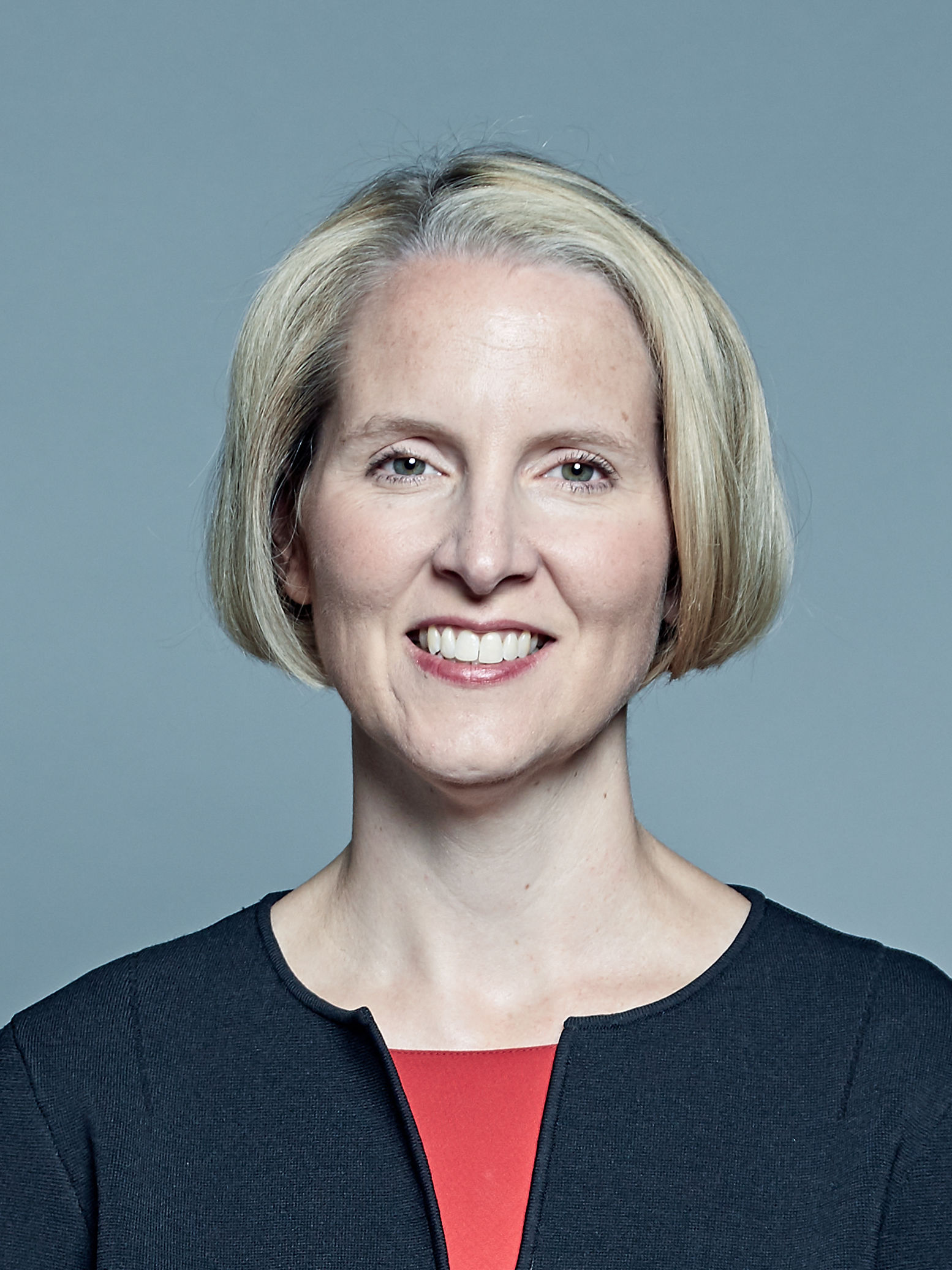UK defined benefit (DB) pension schemes reached a new record funding level in October, with a surplus of £330bn, PwC's Buyout Index has revealed.
PwC attributed the high funding levels to improvements in buyout pricing from insurers, noting that a slower-than-expected H1 for some insurers led to "increased appetite" for the rest of 2024.
PwC's Low Reliance Index, which assumes schemes invest in low-risk, income-generating assets like bonds, also remained high, with a "substantial" surplus of £415bn recorded in October.
PwC UK head of pensions, Gareth Henty, credited the record funding levels to "rising gilt yields" and "attractive insurer pricing".
"Although there were some significant implications for pensioners and their financial planning in the 2024 Autumn Budget, mainly in terms of inheritance tax, overall, the Budget was perhaps quieter on the pensions front than many expected," he continued.
"The same can't necessarily be said for the funding level of the UK's DB schemes, which hit another record level this month in light of rising gilt yields and attractive insurer pricing."
However, Henty suggested that, despite the quieter Budget, pension change is "on the horizon", with industry focus shifting to the Chancellor's maiden Mansion House speech, which is expected on 14 November.
"It leaves the door open for more fundamental and holistic changes to UK pensions.," he stated.
"The Chancellor has already indicated that plans for the UK pensions industry will be a key focus of her Mansion House speech next week, so this could be when we see the first steps of a more significant pensions overhaul."
In particular, PwC head of investments, Keira-Marie Ramnath, said that many are hoping the upcoming mansion house speech will provide "meaningful" insight into the government's views on how pension assets may be used for investment in productive finance and UK growth opportunities.
"If even a relatively small portion of surplus assets can be unlocked, this could be a significant boost to UK businesses and the economy while enabling pension schemes to make sure that they are generating the positive real returns needed to pay benefits for their members," she stated.
"More fundamentally however, the UK needs to be more attractive for investment as returns in the UK market have lagged global counterparts.
"It will be interesting to see whether the Chancellor will offer any incentives for schemes to invest in UK businesses or capital projects - these might be needed to make sure that the UK is a sufficiently attractive investment proposition for pension schemes.
“It’s no easy feat and the government will have to balance their desire for increased investment from pension schemes in UK productive assets with their borrowing needs."
In addition to this, Ramnath noted that DB pension schemes continue to be significant investors in the gilt market, warning that "getting the balance right is tricky, particularly in a market where assets are flowing towards insurance".
"It would not be surprising if the government looks to local government pension schemes for support," she added.
Latest News
-
Govt urged to prioritise pension policy stability in Spring Statement
-
Just Group underlying operating profit falls by 39%
-
Employers warned modest pension defaults risk worsening adequacy gap
-
Aegon updates modelling tool to help members benchmark retirement needs
-
News in brief - 27 February 2026
-
PPF levy to remain at zero for 2026/27
Private markets – a growing presence within UK DC
Laura Blows discusses the role of private market investment within DC schemes with Aviva Director of Investments, Maiyuresh Rajah
The DB pension landscape
Pensions Age speaks to BlackRock managing director and head of its DB relationship management team, Andrew Reid, about the DB pensions landscape
Podcast: From pension pot to flexible income for life

Podcast: Who matters most in pensions?

In the latest Pensions Age podcast, Francesca Fabrizi speaks to Capita Pension Solutions global practice leader & chief revenue officer, Stuart Heatley, about who matters most in pensions and how to best meet their needs
© 2019 Perspective Publishing Privacy & Cookies











Recent Stories